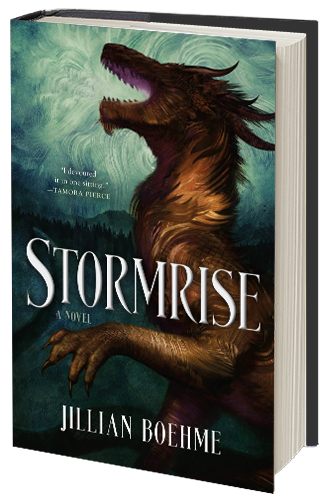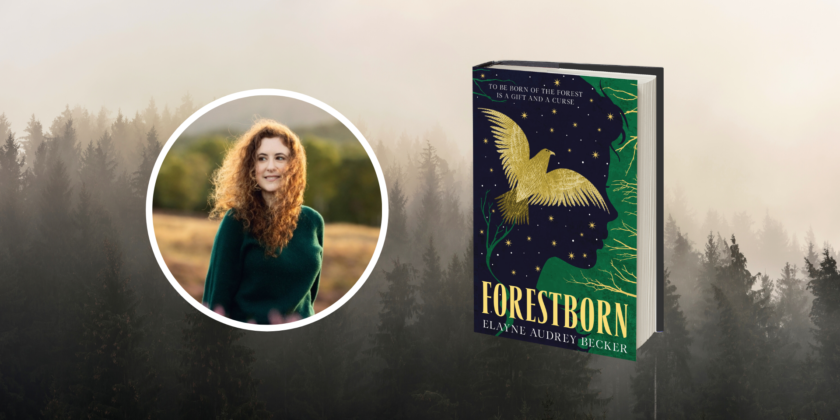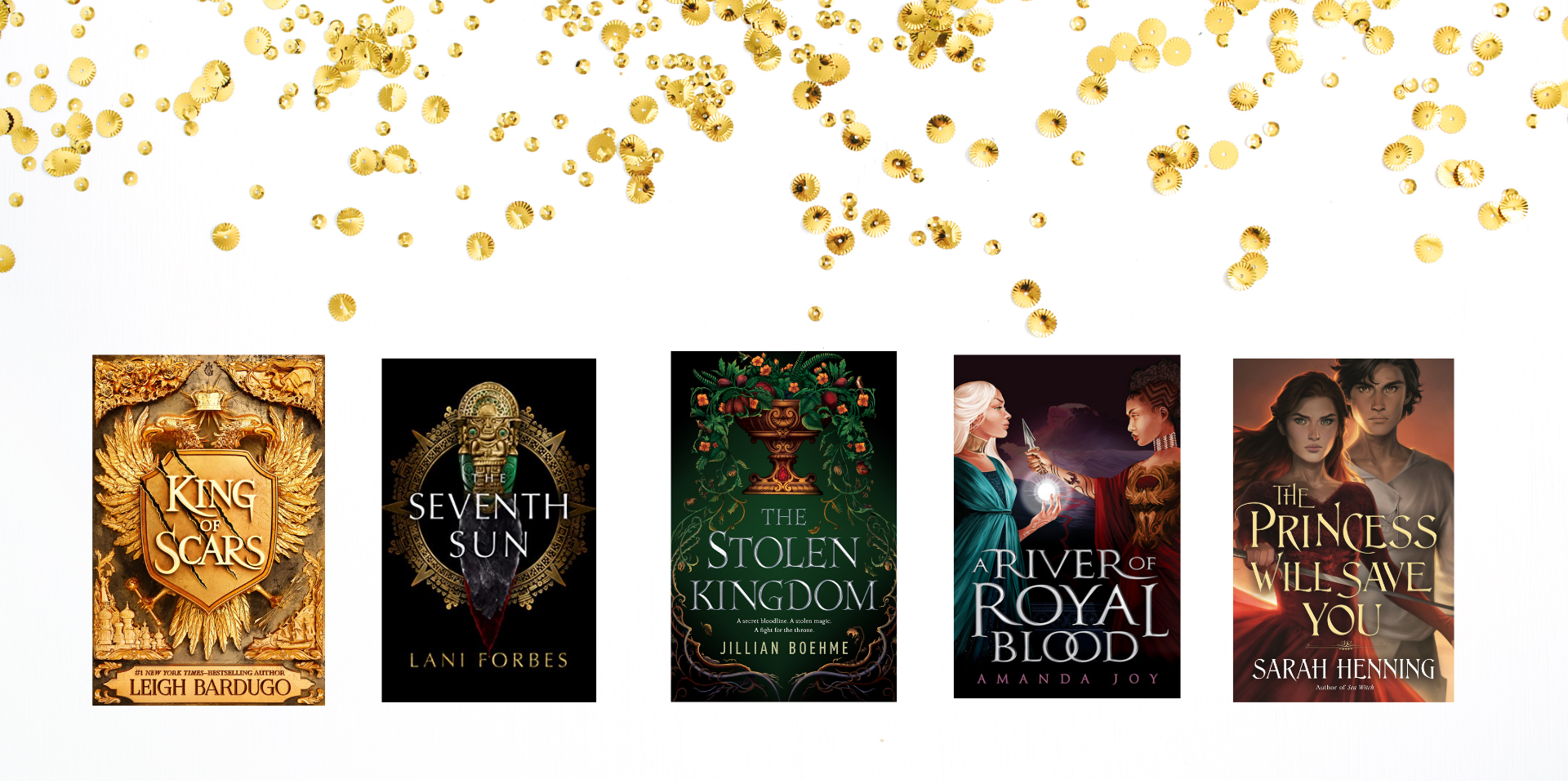
 Every writer is different and faces their own challenges while writing. For Stormrise author Jillian Boehme, her greatest struggle is getting through that first draft. If you can relate, she’s graciously shared some helpful tips below!
Every writer is different and faces their own challenges while writing. For Stormrise author Jillian Boehme, her greatest struggle is getting through that first draft. If you can relate, she’s graciously shared some helpful tips below!
By Jillian Boehme
It seems writers fall into two camps: those who love drafting and those who hate it.
(Well, okay. Maybe there are some well-seasoned, sanguine writers who have moved beyond feeling one way or the other. But I sort of doubt it.)
I land squarely in the draft-hating arena. To me, there’s something overwhelming about sitting down with that tiny kernel of an idea and fleshing it out from scratch. It doesn’t make much sense that I’m this way, either. I was that little girl who spent more time in imaginary worlds than the real one. I read books. Drew pictures. Wrote stories and songs. Played dress-up with my little sister, commanding her to do my bidding every time.
But I was also the girl who started things and never finished them. I’d get three pages into writing a novel–and stop. In high school, I wrote half of a musical. Just half. (And, oh, it was terrible.)
Clearly, I’ve come a long way. But my love for sitting down with a blank sheet of paper has been lost along the way. And, frankly, I sometimes despair.
I love the undeniable rush that happens when an idea takes root I do! But an idea is not a plot, and the honeymoon period is short. Anyone close to me knows how I mutter and gnash my way through first drafts.
Revising, on the other hand? It’s my ultimate happy place. I’m truly motivated when my potter’s wheel has a hunk of clay upon it that I can mold, twist, pinch, or scoop gouges out. It’s where the magic happens where the story comes into its own.
Of course, you can’t revise something that hasn’t been written. So what’s an angst-ridden writer to do?
- RELAX! In some ways, I fit the Type A personality type. I want it all to be accomplished. I want to check it off. I want to succeed and move on. But imagination is a funny thing, waxing and waning at its own pace. It’s important to learn to simply rest as the fledgling ideas present themselves. Doodle. Ponder. Scribble things down, but don’t try to tie them all together. Not yet.
- PLAY! When you’re in the planning stage, it’s important to give yourself permission to pursue different paths, because any one of them could turn out to be the right one. And you won’t know unless you give it a moment in the spotlight! I tend to expect myself to figure everything out right away, so I can get my Beat Sheet done and move on to the actual drafting. But it usually doesn’t work that way. I’m learning (note still in process!) to play around with the ideas that float to the top. And if things change later? That’s okay! Story planning isn’t about making it perfect; it’s about getting everything ready to tell the best story you can.
- FOCUS ON MOTIVATION! For me, this has been a big one. Character motivation is more important that you might realize. It’s important to know WHY our characters want what they want and do what they do. If the motivation isn’t clear, then the plot won’t be solid. I’ve learned to constantly ask myself why. Not only what my protagonist wants, but why she wants it. Not only what my antagonist is going to do, but why she is going to do it. Things tend to fall into place a little more easily when I know what’s motivating my characters.
- REMIND MYSELF THAT I’VE DONE THIS BEFORE! This might seem silly, but when I’m wringing my hands and feeling stuck, I remind myself that I’ve felt this way countless times. I’ve written eleven novels and am currently planning my twelfth. Always, somehow, I’ve gotten past the dreaded planning and drafting phase. If I’ve done it before, I can do it again.
Once I’m off and running, I work to a 1000-word-a-day deadline no exceptions. I give myself Sundays off, but that’s it. For me, having a tangible goal keeps me moving forward and gets the draft done. I haven’t included this in my punch list above, though, because everybody writes on different schedules.
Probably I thrive on the 1000-words-a-day drafting model because it GETS THE DRAFT OVER WITH.
The bottom line is that I love writing stories and can’t imagine myself not doing it. Taming the first draft beast is something I need to do every time and that’s okay. Any pursuit worth its salt, no matter how much we love it, will have its less desirable components, and learning how to deal with the writing bits that tie us in knots (or tempt us to throw heavy objects through closed windows) will make us more productive and less irritable (ask me how I know).
For me, every hard part is worth the effort. I’m certain it’s the same for you.



